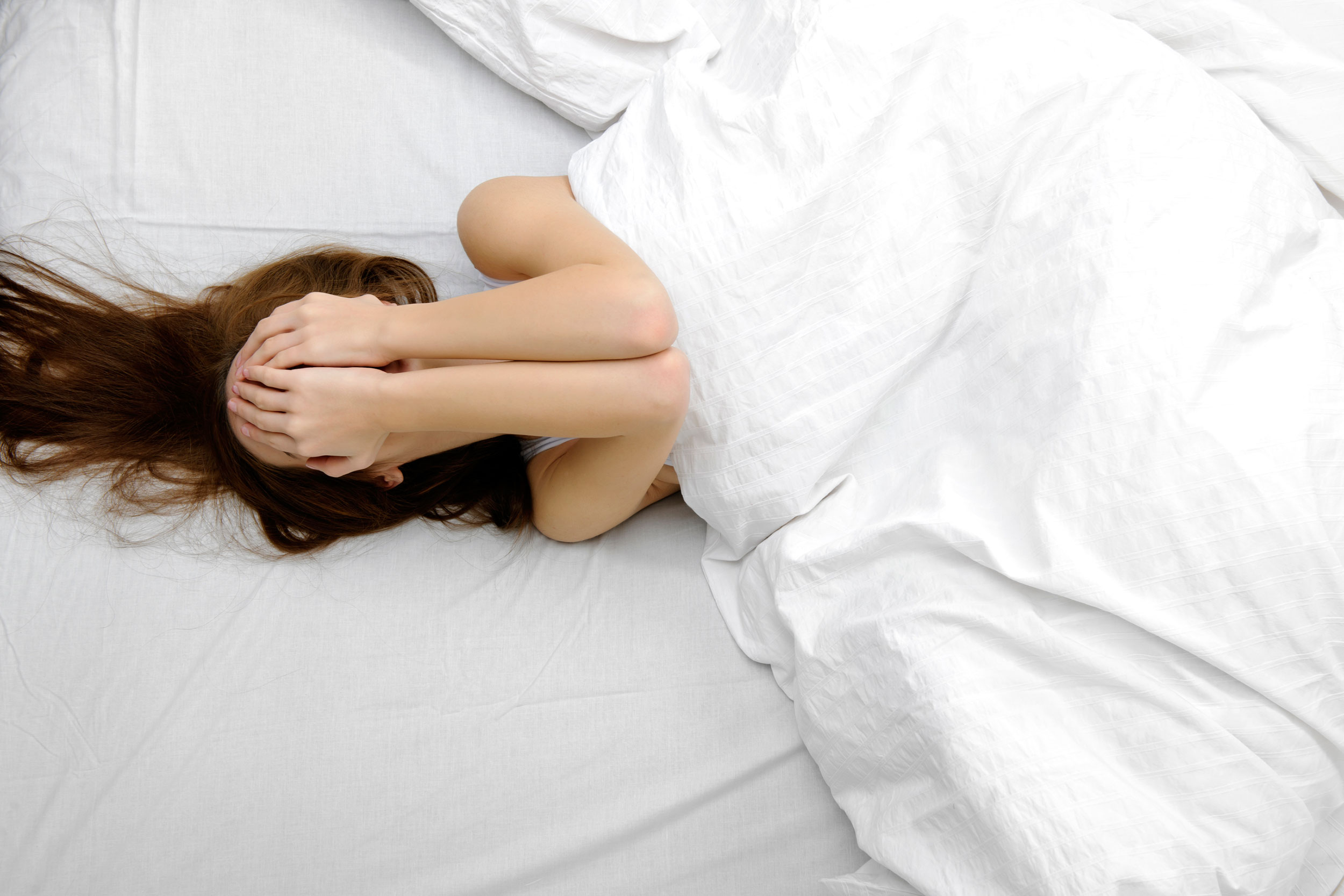
An article on PsyBlog about a research study out of UC Berkeley indicates that a restless night is associated with greater relationship conflict the following day. Although this may not be a surprise, the specific results are worth noting:
This research examined the impact of a basic biological process – namely, sleep – on relationship conflict, specifically testing whether poor sleep influences the degree, nature, and resolution of conflict. In Study 1, a 14-day daily experience study, participants reported more conflict in their romantic relationships following poor nights of sleep. In Study 2, we brought couples into the laboratory to assess the dyadic effects of sleep on the nature and resolution of conflict. One partner’s poor sleep was associated with a lower ratio of positive to negative affect (self-reported and observed), as well as decreased empathic accuracy for both partners during a conflict conversation. Conflict resolution occurred most when both partners were well rested. Effects were not explained by stress, anxiety, depression, lack of relationship satisfaction, or by partners being the source of poor sleep. Overall, these findings highlight a key factor that may breed conflict, thereby putting relationships at risk.
The researchers tracked 78 couples over a two-week period. Each day the couples made notes about their sleep quality and any arguments with their partners. The results showed that even for those who were good sleepers, just a single night’s poor sleep was associated with increased relationship conflict the next day. These findings were not affected by one partner being the source of the poor sleep or overall relationship satisfaction, depression, stress or anxiety. Only one partner in the couple needed a bad night’s sleep and their relationship suffered the next day. Four processes caused by poor sleep are to blame:
1. Less empathy. The worse couples slept, the less empathy they showed towards their partners. It worked both ways. After a bad night’s sleep, not only did they find it difficult to judge their partner’s emotions, it was difficult for their partner to read them in turn.
2. More negativity. There will always be bad feelings at some stage in a relationship; but to be a good relationship overall, these should be massively outweighed by the good feelings. When partners slept poorly, this ratio went in the wrong direction towards more negative feelings.
3. Conflict resolution problems. When tired, couples found it harder to resolve their differences.
4. Selfishness. Poor sleep can induce more selfish feelings in partners and they feel less able to appreciate and feel gratitude towards the other.
There is such a thing as getting up on the wrong side of the bed. When you “wake up” from a sleepless night, you feel grouchy, and you spread the grouch to your partner. Even on cool, pleasant nights, something may be wrong. Maybe you are stressed for another reason. There are plenty of things that can get in the way of a good night’s sleep, but they don’t have to. You are in control. Below are strategies for getting a good night’s sleep from doctors at Harvard University*.
1. Make sure your room and bed are comfortable. Not too hot, not too cold. If you need to find a better mattress or get some pillows or blankets, make the investment. Your relationship will thank you.
2. Remember to exercise. It is a surefire way to ensure deep, restful sleep, as long as you do it early in the day.
3. Eat well, and long before bedtime. Don’t go to bed on an empty stomach, but remember that eating heavy food makes it harder to fall asleep.
4. Caffeine, alcohol, and nicotine are sleep killers. Drink decaf and leave cigarettes alone. If you have to drink coffee or smoke, do it earlier in the evening.
5. Practice comforting nighttime rituals. Breathe deeply. Do some stretches, take a bath, or drink some warm milk. These things can soothe you. Also, it’s nearly impossible to fall asleep if you have been working or watching TV right up until the moment you hit the bed. Make sure that you give yourself time to unwind before you turn out the lights. Get into the habit of turning the lights down and reading a book or cuddling up with your partner. Take the opportunity to turn towards your partner while you ask them open-ended questions.
If you make sure to practice good sleeping habits, you will more likely wake up re-energized and strengthened, and your relationship will be too!
*Source: Epstein, Lawrence, MD and Mardon, Steven, The Harvard Medical School Guide to a Good Night’s Sleep, 2007, McGraw Hill Books.

